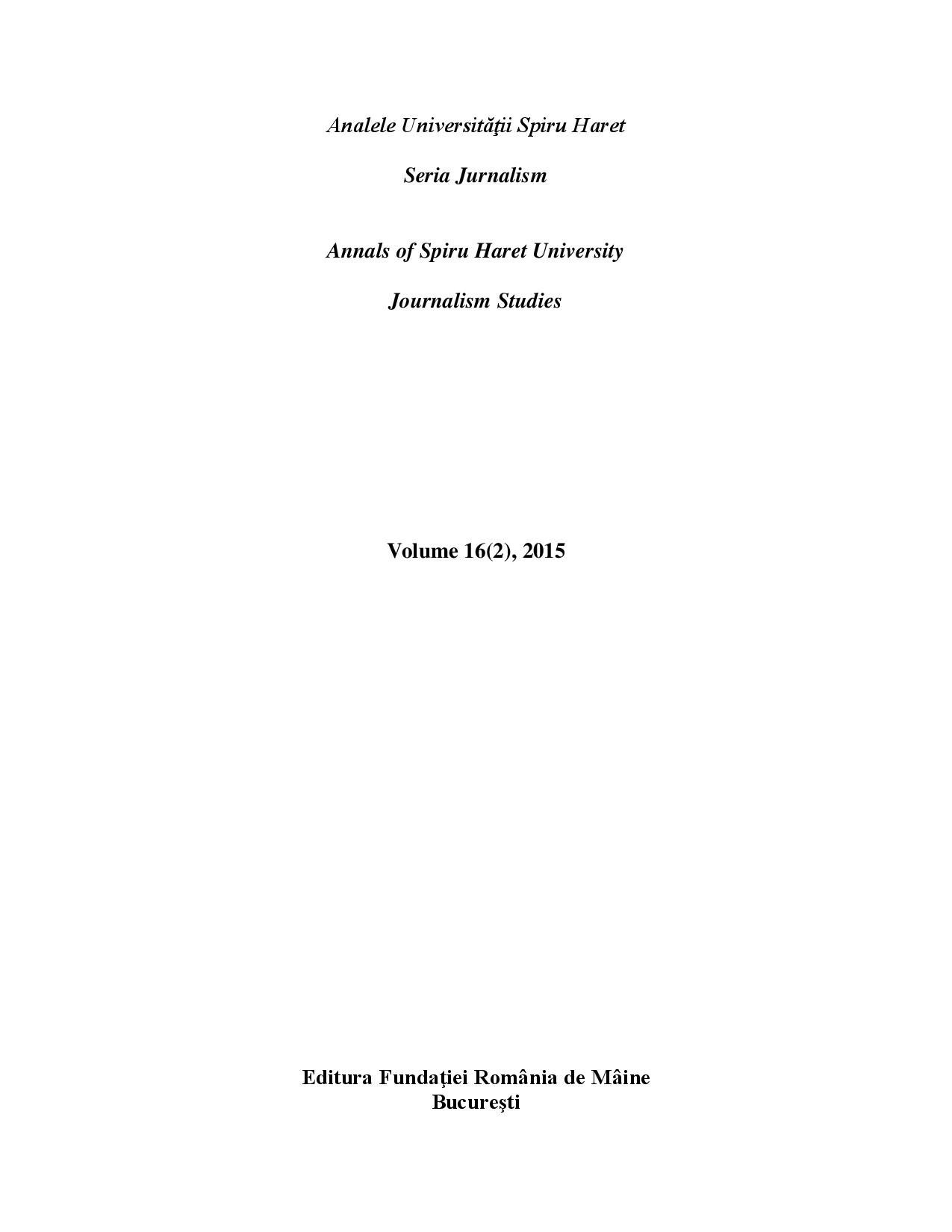THE CONCEPT OF PUBLIC DIPLOMACY IN THE 19TH CENTURY: SAMUEL S. COX ON MORAL AND LEGAL DIPLOMACY
THE CONCEPT OF PUBLIC DIPLOMACY IN THE 19TH CENTURY: SAMUEL S. COX ON MORAL AND LEGAL DIPLOMACY
Author(s): Alexandru MUNTEANU-LUCINESCU-CASELLASubject(s): Social Sciences
Published by: Editura Fundaţiei România de Mâine
Keywords: public diplomacy; Samuel S. Cox; moral diplomacy; legal diplomacy; Dominican Republic; secret-service fund
Summary/Abstract: When, back in 1965, Edmund Gullion put forward his now famous definition of public diplomacy, he gave in fact a new meaning to a quite old word. As ascertained by Nicholas J. Cull, public diplomacy had been already present in the English language al least since 1856 and, towards the end of the 19th century, it had acquired a meaning that remained in use until the beginning of the Cold War. By considering an article from the January 20, 1871 edition of New York Times where public diplomacy is present, Cull could make one believe that Samuel S. Cox, a member of the United States House of Representatives, employed that word in a congressional debate it reports on. This paper first investigates this reading of facts and to this purpose the mentioned article is analysed and it is compared to the statement actually made by Samuel S. Cox, with the result that the use by him of public diplomacy therein is refuted. Secondly, the paper provides a detailed account of the meaning that public diplomacy was supposed to have in the New York Times article by exploring Cox’s statement as well as the political context that prompted it. The findings thus arrived at support the conclusion that Samuel S. Cox could be said to have certainly played a relevant part in the development of the concept of public diplomacy in the 19th century. pp. 32–44
Journal: Analele Universităţii Spiru Haret. Seria Jurnalism
- Issue Year: 16/2015
- Issue No: 2
- Page Range: 45-51
- Page Count: 7
- Language: English
- Content File-PDF

